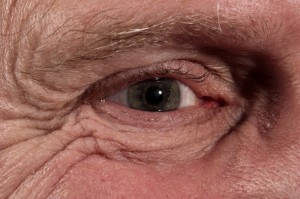 Forget where you put your car keys? Need to remember an important phone number?
Forget where you put your car keys? Need to remember an important phone number?
AARP.org suggests that you make a nonverbal gesture: a fist.
In a recent study, published in the journal PLoS One,entitled “Getting a Grip on Memory” making a fist was found to be helpful in trying to remember information.
Psychologist Ruth Propper, Ph.D., of Montclair State University in New Jersey writes how clenching your right hand for 90 seconds will help you memorize facts. In addition to clenching your right hand, she found that clenching your left hand for the same amount of time will help you recall those facts.
Propper asked 51 right-handed subjects to memorize 72 words and randomly assigned each person to one of five hand-clenching groups or a control group that did nothing (Lefties were left out because, according to the study, they do better on “episodic memory tasks,” such as recalling memorized words, which gives them an unfair advantage).
She found the best combination for better memory and recall occurs when a subject clenches his right hand while memorizing, and balls up his left hand while trying to recall the memory. This is because the as many of us already know the right side of our brain controls the left side of our body and vice a versa.
“It’s almost 15% better [to clench right then left] than to just sit there doing nothing,” she told NBC News, “[Fifteen percent] could be the difference between an A and a C on a test.”
 NBC News.com reports on wrinkles making people look sadder and madder than they truly feel. This new study suggests that wrinkles impede people’s ability to read a person’s facial expression of emotion.
NBC News.com reports on wrinkles making people look sadder and madder than they truly feel. This new study suggests that wrinkles impede people’s ability to read a person’s facial expression of emotion. How would you react to your phone asking you if your super excited or feeling depressed?
How would you react to your phone asking you if your super excited or feeling depressed?